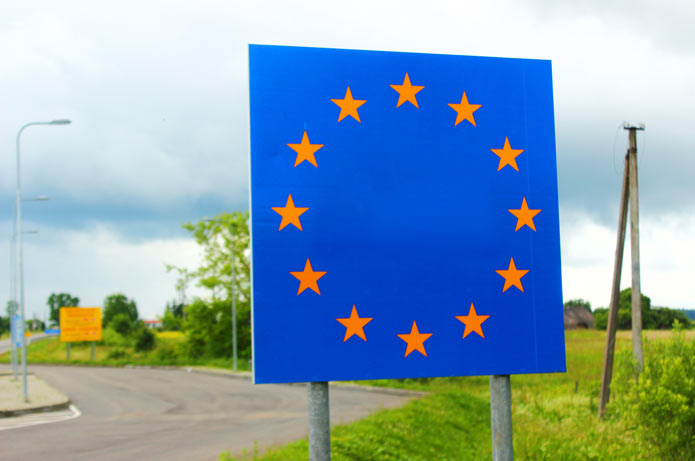Is your driving licence still valid?
Driving in the Europe after Brexit
• Is your driving licence still valid?
• What documents will you need?
• What happens in the event of an accident?
• What else should you be aware of?
The UK is now in the transition period between leaving the EU and the Brexit changes coming into full force. Even though currently things have not changed much, if you want to take your car to an EU country on January 1st next year, which, for the purposes of this article, we have assumed will be for less than 12 months, there will be some important changes.
Driving licences and permits
The first change is that you might well need to have an International Driving Permit (IDP) to drive in an EU country (although this is still not set in stone, as negotiations on the subject are ongoing). Just to make matters more complicated, there are two different types of IDP, which cover you for different countries, so you might need one, or both, depending on where you plan to go.
The best place to find out exactly what you need is on the UK transition section of the GOV.UK website page. This will inform you of the current situation and will be updated with changes as they occur.
Insurance documents
Your UK insurance should be valid for travelling in the EU, however, the Government advises that you take an insurance ‘Green Card’ with you. This is a document issued to you, usually free of charge, by your insurer to prove your car is covered when you drive abroad. It is worth noting, however, that you should check the level of cover you are entitled to when driving in the EU with your insurer. The Green Card is only proof of third-party cover and it may be that you need to increase the level of cover for your continental trip.
Accidents and insurance claims
It is also worth checking with your insurer what happens if you are involved in a road traffic accident while you are abroad. After Brexit, there is no longer any requirement for your insurance company to deal with claims themselves and it is quite possible that, should you find yourself in this unfortunate situation, you may have to deal with a foreign insurance company yourself.
If you have an accident caused by an uninsured driver, you might also find that you are not covered by your insurance policy. Therefore, you might have to take out specific insurance for this, or risk having to fight a civil case yourself. So, again, it’s best to check with your insurer beforehand.
Documents for owned, leased or contract hired vehicles
If you are the owner of your vehicle, you will need to carry your original Vehicle Registration document (V5C) with you when you travel. If your vehicle is leased or on contract hire, you will need to get a VE103 (Vehicle on Hire Certificate). Again, the GOV.UK website will give you details and will direct you to places from which you can obtain a VE103. However, there is usually a small fee involved for issuing such a certificate.
The general essentials
From January, you will need a separate GB sticker on your car - even if your car has an EU number plate that displays GB on it. This will apply in any of the 27 EU member states, including the Republic of Ireland.
If you have breakdown cover in the UK (that isn’t part of your car’s manufacturer warranty), then you need to check if it is valid for overseas travel. This might be something you need to increase or find separate cover for.
All of the other essentials for driving abroad – headlamp converters, where applicable, warning triangles, high-viz jackets, spare bulbs and breathalysers – remain as before. However, the requirements do differ from country to country, so it makes sense to check what you need to carry as emergency equipment before setting off. The AA and RAC are among various websites that offer good information on this.
Brexit will undoubtedly make driving in the EU less convenient than before, but don’t be deterred as there is great motoring to be had on the continent. So, to make sure you have all of the necessary bases covered, plan your travelling as far in advance as possible, and enjoy the ride!

